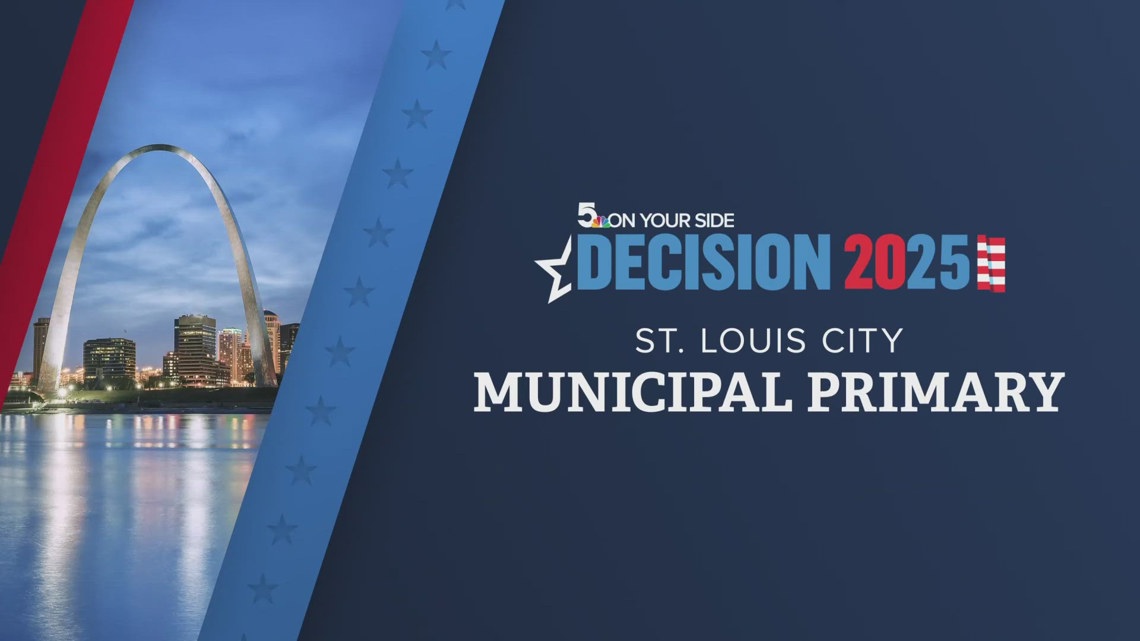
Cara Spencer Leads St. Louis Mayoral Primary, Faces Tishaura Jones in Runoff
St. Louis voters made their voices heard in the March 4 municipal primary election, setting the stage for a high-stakes showdown in April. In a dramatic turn of events, Alderwoman Cara Spencer secured a decisive lead in the mayoral primary, outpacing incumbent Mayor Tishaura Jones by a significant margin. The final unofficial results showed Spencer with an impressive 68% approval from voters, while Jones trailed with 33%. With both advancing to the April 8 general election, the race is far from over.
This election cycle has been a defining moment for St. Louis politics. The approval voting system, which allows residents to vote for as many candidates as they support, saw Spencer dominating the field, while Recorder of Deeds Michael Butler and businessman Andrew Jones Jr. fell short of advancing. Butler secured 25% of the vote, and Jones Jr. trailed with 14%, eliminating them from contention.
The results mirror the challenges Mayor Jones has faced during her tenure. While her administration has highlighted a notable drop in crime rates and efforts toward major city developments, issues like malfunctioning city services, struggles with federal pandemic aid distribution, and a widely criticized response to a major snowstorm have left many voters frustrated. The snowstorm in particular, which left roads icy and nearly impassable, seemed to symbolize broader concerns about the city’s ability to handle basic services.
Also Read:- Al Green Ejected as Democrats Protest Trump’s Congress Address
- Trump’s Greenland Takeover Talk Sparks Global Debate
For Spencer, the outcome validates her campaign’s focus on the city’s operational struggles. She ran on a promise of fixing basic city services, tackling corruption, and ensuring government accountability—messages that clearly resonated with voters. The margin of victory in the primary is a stark reversal from the last mayoral election, when Jones narrowly defeated Spencer by just four points.
Despite the gap in primary results, Jones isn’t conceding any ground. She told supporters at her watch party that the race is still very much alive, urging them to stay engaged over the next 35 days. Political analysts, however, suggest that closing such a large deficit could be an uphill battle, especially with voter sentiment shifting so strongly.
The mayor’s allies argue that low voter turnout played a role in Tuesday’s results and that Butler’s supporters may rally behind Jones in the general election, tightening the race. But with Spencer’s campaign gaining momentum and voter dissatisfaction with city services remaining a key issue, the path to victory for Jones looks increasingly difficult.
Beyond the mayoral contest, voters also determined key races for the St. Louis comptroller and Board of Aldermen seats in Wards 3 and 11. While the full impact of the primary results will unfold in the coming weeks, one thing is clear—St. Louis is on the verge of a potential leadership shake-up.
With just over a month until the general election, both campaigns will be ramping up their efforts. Spencer, energized by the strong primary showing, has vowed to continue meeting with residents and pushing her vision for a more efficient and accountable city government. Jones, meanwhile, is expected to double down on her administration’s successes while trying to regain voter confidence.
All eyes are now on April 8, when St. Louis voters will make their final decision on the city's next mayor. Will they opt for a change in leadership with Spencer, or will Jones rally enough support to secure another term? The countdown to election day has begun, and the race is set to be one of the most closely watched in the city’s recent history.
Read More:

0 Comments